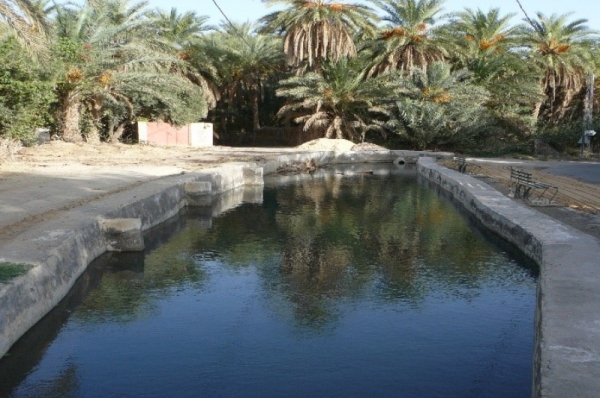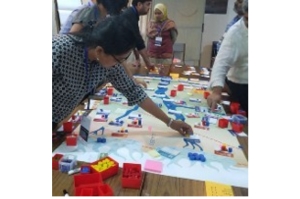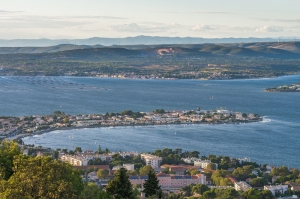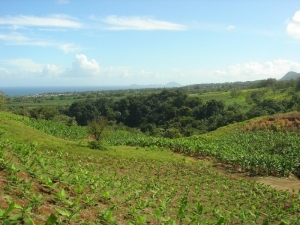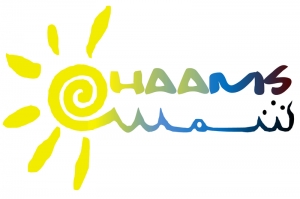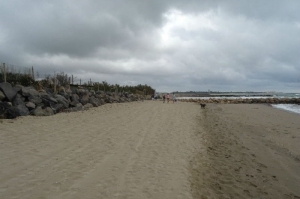The IDES project proposes to build, in consultation with the actors of the oasis of Jemna, a response to the challenge of a sustainable management taking into account three goals: environmental sustainability, economic development, and an efficient governance framework, putting the local population at the center.
The IDES project has the following specific objectives:
- build a picture of socio-economic and environmental issues, characterize the possible action opportunities to find lasting solutions to these issues, and produce management tools for better management of the resources of the oasis;
- conduct a value chain analysis to identify possible changes for a better and more sustainable valuation of oasis productions;
- design and discuss with all the stakeholders modes of governance, which put the local population at the center;
- experimentally analyze the behavior of actors in terms of resource exploitation and identify the impact of the different dimensions of the mode of governance (transparency, adherence to rules, approval mechanisms) on withdrawals. This part will require priority recourse to the tools of experimental economics.
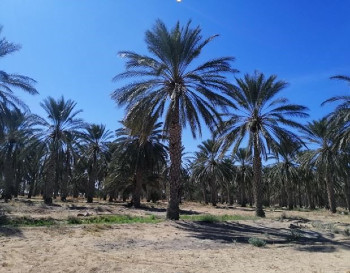 © Photo : Oasis in Jemna, F. Hamamouche
© Photo : Oasis in Jemna, F. Hamamouche
Beyond this study case, which is representative of a local initiative to regain control of land previously managed by external actors, there are many territories in Tunisia, where agricultural production has until now been primarily managed by public organizations, and where the local population wishes to take a more active part in its management. The lessons of the IDES project will also allow, in these areas, to nourish a reflection on the possible modes of governance, and to identify the conditions necessary for an evolution of the modes of governance.
© Photo project home : Oasis in Kébili region, J. Fabre

